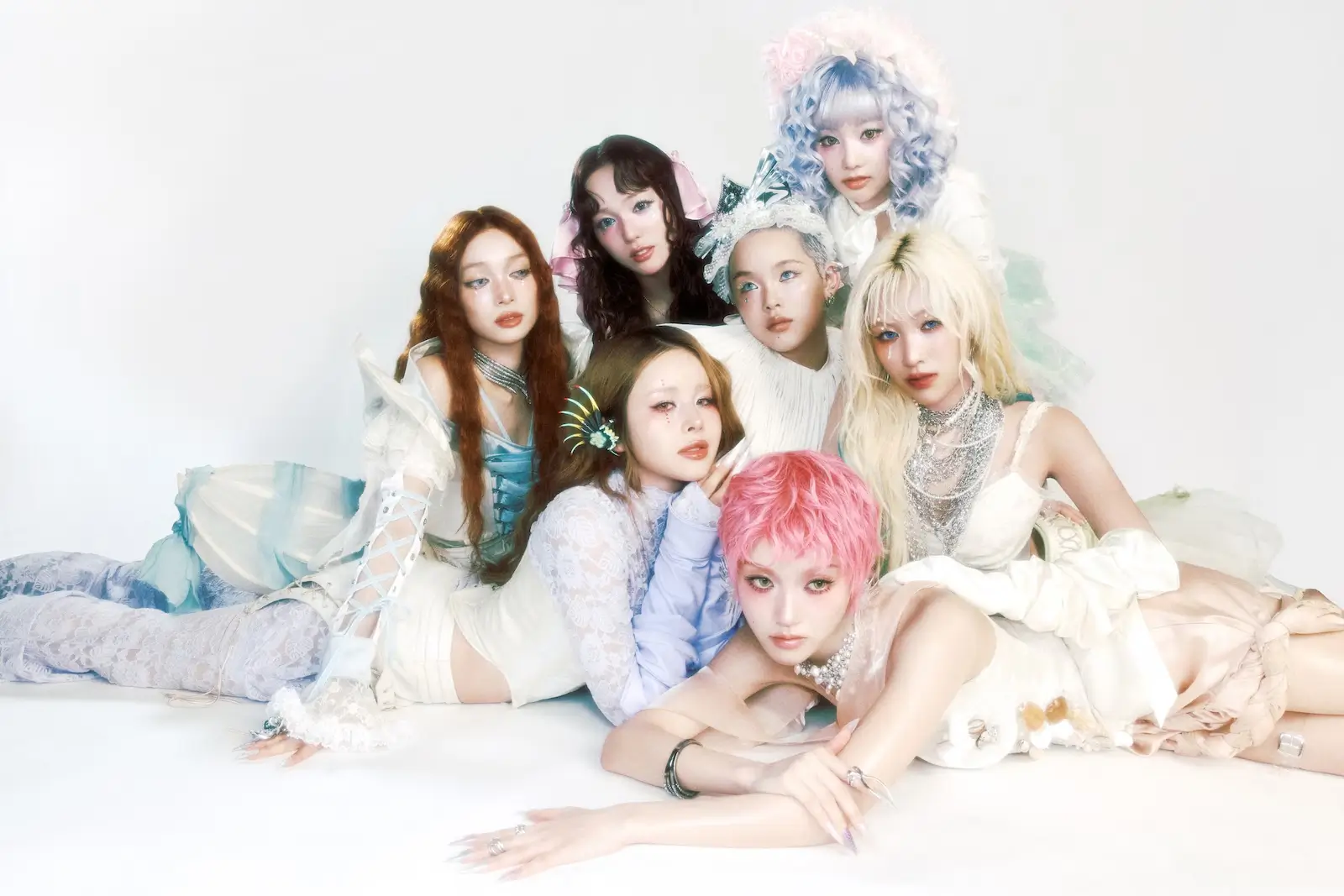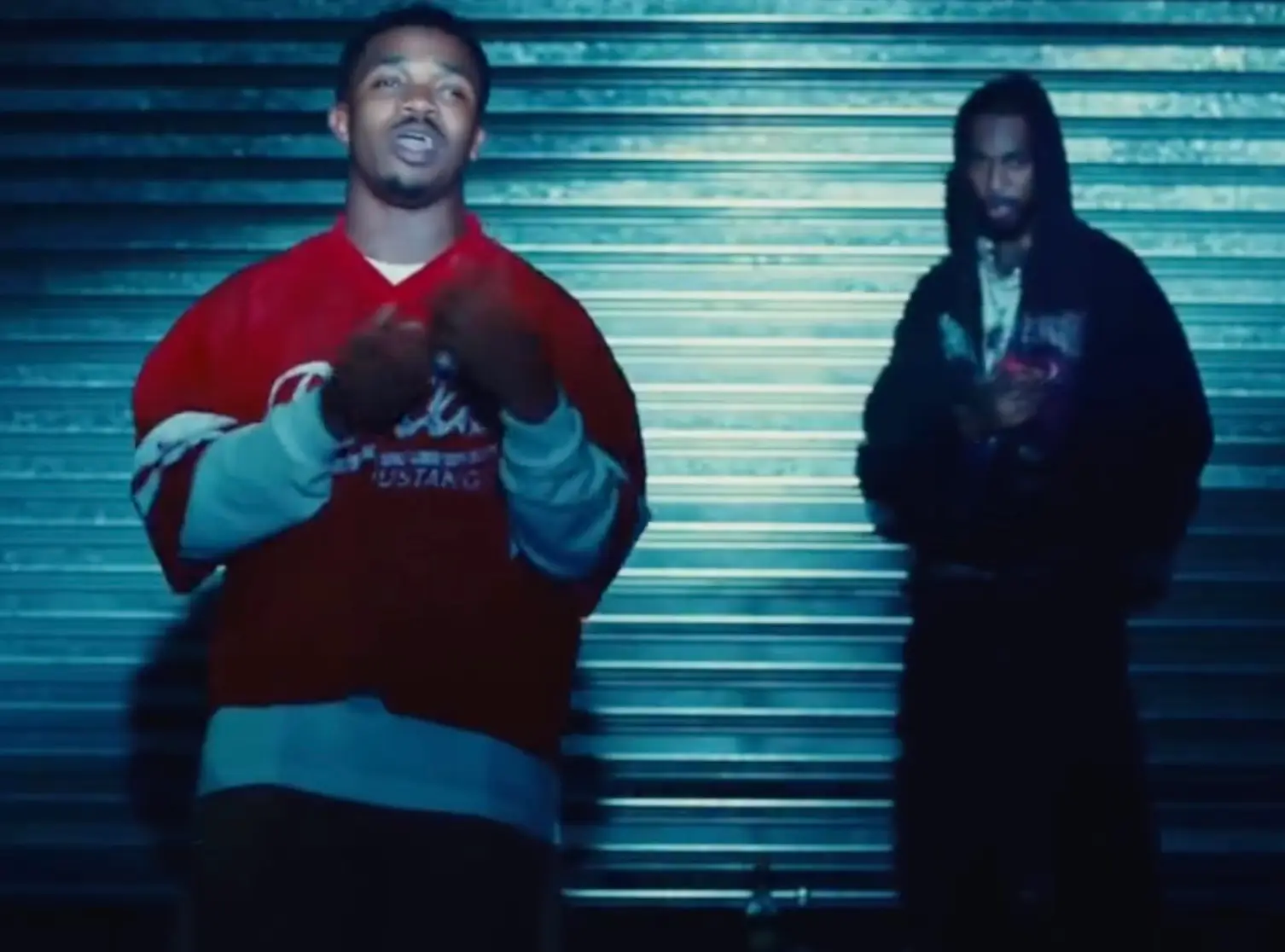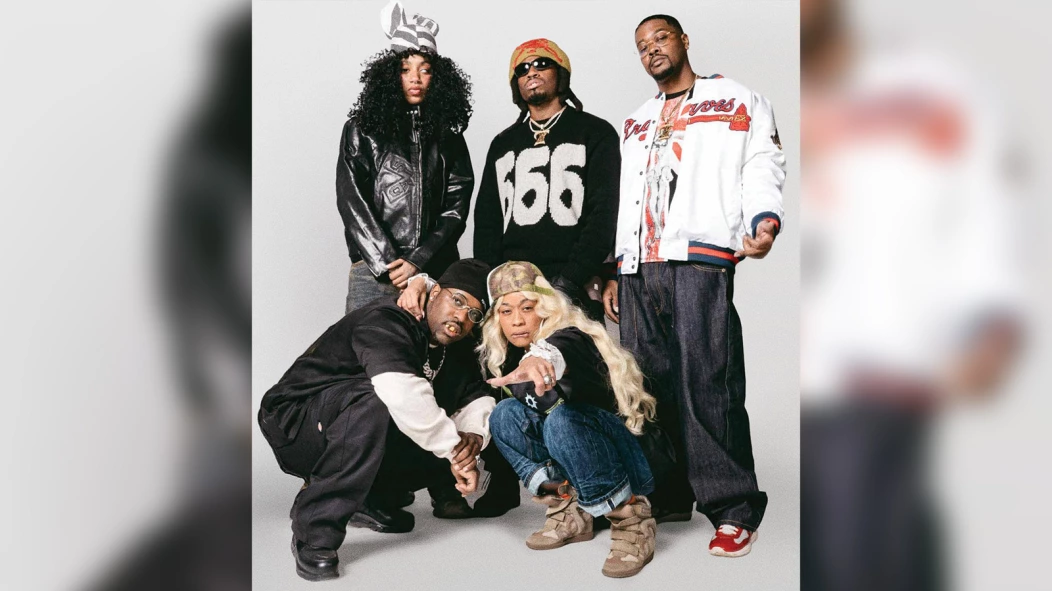In an era where virality often substitutes for vulnerability, Lil Mabu has made a career out of subverting expectations. Equal parts provocateur and prankster, the Manhattan-bred rapper has played the system like a symphony—outsmarting algorithms, weaponizing irony, and leveraging drill aesthetics to go toe-to-toe with the internet’s insatiable appetite for chaos. Yet with his latest single, “Am I Enough?”, Mabu doesn’t troll, meme, or mock. Instead, he confronts something far more radical in his world: earnestness.
Gone are the sarcastic punchlines and shock-value antics that defined viral hits like “Mathematical Disrespect” or “Throw”. In their place is a track that reads like an open wound. “Am I Enough?” is a three-minute reckoning with self-worth, validation, and the fragile ego that lurks beneath even the most defiant bravado. It marks a shift—not just in Mabu’s sound, but in his identity. Where previous songs played the role of the disruptor, this one dares to be self-critical.
Verse as Vulnerability: The Emotional DNA of the Song
The song opens with a haunting melody, minimal production, and Mabu’s voice layered in melancholy autotune. “I gave them everything, but they still wanted more,” he croons, his delivery caught between confession and collapse. It’s an unexpected pivot—especially for an artist who once used his private-school background and online persona to weaponize irony. But in “Am I Enough?”, Mabu trades irony for intimacy.
The lyrics are brutally direct:
“I flexed for the ’Gram, then I cried in my room / They cheer when I win, but they’re gone when I lose.”
It’s a classic motif—the loneliness of public life—but in Mabu’s hands, it feels less like cliché and more like catharsis. He’s not rapping for likes anymore. He’s rapping for clarity.
The chorus repeats like a mantra and a plea:
“Am I enough? / If the lights fade out, will you still show up?”
It’s deceptively simple, but it captures the existential angst of a generation raised on follower counts, livestreamed emotions, and the cruel volatility of digital fame.
A Career of Contradictions
To appreciate the gravity of this release, it’s worth understanding the career Mabu has built thus far. The young rapper burst into the mainstream by weaponizing absurdity—leaning into a preppy, suburban aesthetic while delivering bars over dark drill beats. He was always self-aware, always one step ahead of criticism. He made himself the joke before anyone else could, often turning that joke into a million streams.
That tongue-in-cheek approach made him a darling of the algorithm—but also a lightning rod. Critics dismissed him as a meme rapper, a novelty act, a disruptor who would never deliver substance. But what those critics overlooked was his calculated control of narrative, his undeniable skill, and his ability to read the room with surgical precision.
With “Am I Enough?”, Mabu flips that control inward. He no longer seems interested in orchestrating a spectacle. He’s asking real questions. And that shift is more disruptive than any skit or parody he’s dropped before.
Production and Aesthetic Shift
The instrumental leans toward emo-rap minimalism—a sonic territory familiar to artists like Juice WRLD, XXXTentacion, or Trippie Redd. But where those artists often saturated their pain in layers of distortion and chaos, Mabu opts for restraint. The beat is sparse, allowing the lyrics to breathe. A clean guitar loop echoes beneath soft 808s, and the mood never explodes—it lingers, like anxiety that refuses to fade.
This sonic departure is important. It demonstrates Mabu’s versatility—not just vocally, but thematically. The transition from satire to sincerity is smooth, signaling that this isn’t a gimmick. It’s a genuine evolution. And perhaps more impressively, he makes that shift without abandoning the cadence or style that built his fanbase. The flow remains tight, but the emotion now hits harder than any punchline.
Cultural Timing: Why It Matters Now
We’re in a cultural moment where artists are increasingly expected to bare their souls in real time. The post-pandemic wave of Gen Z music has been defined by emotional transparency, but few artists from the viral class of TikTok rappers have managed to sustain both visibility and vulnerability. Lil Mabu might be among the first to do both—deliberately and convincingly.
“Am I Enough?” doesn’t just humanize Mabu—it makes him legible to a broader emotional landscape. The song speaks to young people who live between public personas and private breakdowns. It speaks to the creators exhausted by the need to be “on” all the time. And it speaks to the fans who’ve followed Mabu not just for the spectacle, but for the strangely sincere person who was always hiding in plain sight.
It’s also significant that this track lands after Mabu has already “won” the viral game. He has millions of views, major label distribution, and a solid presence in the music press. He could have doubled down on the formula that got him here. But instead, he’s turning that spotlight back onto himself—and letting the split between it show.
Toward a New Era?
The question remains: is this a one-off experiment or the beginning of a new chapter?
If “Am I Enough?” is any indication, Lil Mabu is no longer content with simply gaming the system. He’s trying to build something deeper—a space where humor, heartbreak, and honesty can coexist. It may not be what his earliest fans expected, but it may be exactly what his generation needs: a reminder that vulnerability is strength, even (or especially) in the face of digital perfection.
Flow
“Am I Enough?” is not just Lil Mabu’s most vulnerable track to date—it’s his most important. It represents the moment where the internet’s class clown steps off the stage and asks, “But seriously—did any of that matter?”
No comments yet.








